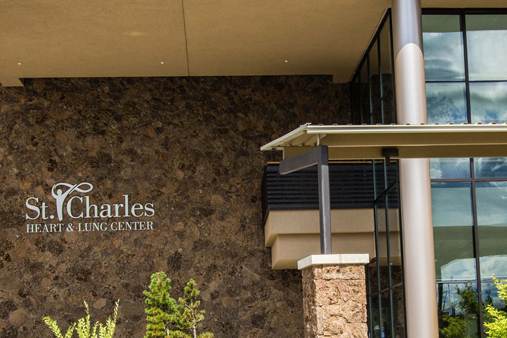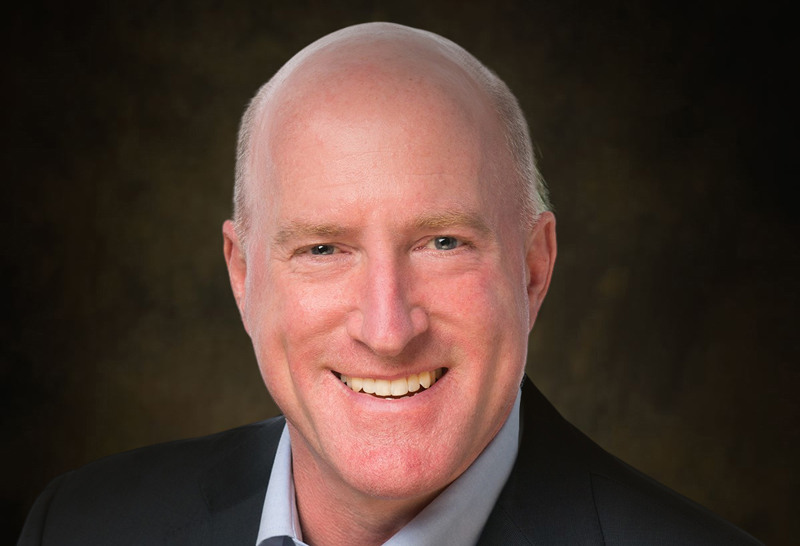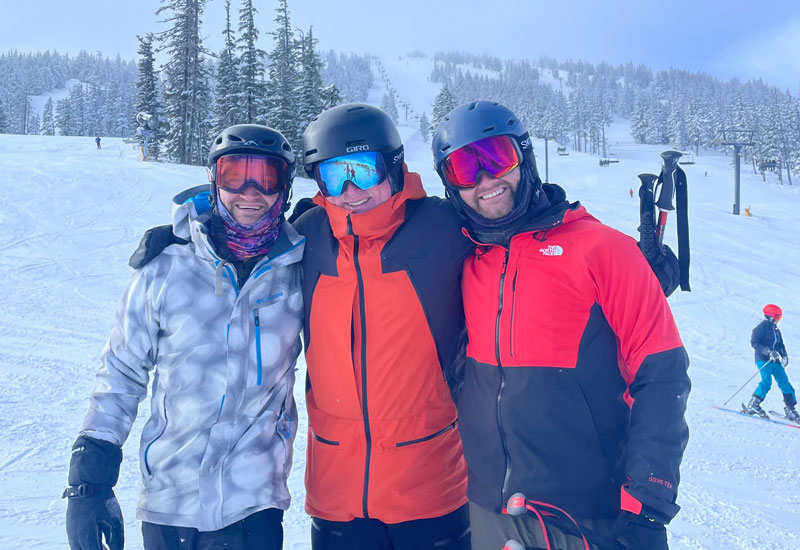Throughout much of the spring, Central Oregonians stepped up and supported St. Charles Health System in a variety of ways: by donating money for caregivers on the front line of the fight against COVID-19, by delivering a bounty of food and drinks to essential workers at the organization’s hospitals and by hand-crafting more than 10,000 cloth masks to supplement the system’s supply of medical-grade masks.
So when it came time to thank the community through action, St. Charles leadership zeroed in on Gov. Kate Brown’s plan to place paid and volunteer contact tracers in each Oregon county. Ensuring adequate contact tracing, Brown has said, will allow the state’s public health system to effectively identify and treat new cases of COVID-19, trace contacts to identify those at risk of infection and contain new outbreaks before community spread can occur.
“Throughout this pandemic, our health system has been buoyed by an outpouring of community support,” said Dr. Jim Guyn, senior vice president of population health. “Offering some of our caregivers to help with contact tracing felt like one way we could give back to Central Oregon. We want people to stay well and for local businesses to stay open.”
After discussions with public health officials in Crook, Deschutes and Jefferson counties, St. Charles identified six Community Health Educators from family care clinics in Bend, Madras, Prineville and Redmond to take the Oregon Health Authority’s online contact tracing training. Those six caregivers have not yet started working with the counties – that’s expected to start in July, after a few final details are nailed down – but they’re ready when the call comes, said Maggie O’Connor, manager of community health strategy for St. Charles.
“Everyone on this team was so willing to sign up for the training session and to get going,” she said. “It’s definitely a great opportunity for us to serve the community in a new capacity.”
The CHEs who’ll take on contact tracing work are Nancy Burham in Redmond, Molly Christopher in Madras and Sisters, Catalina Gibson and Molly Olheiser in Prineville, and Gabrielle Gilmore and Rachel Nelles in Bend. The six are uniquely qualified to do contact tracing because of the parallels to their normal daily duties, which include serving as an extra layer of social support for patients who are struggling with housing, food insecurity, transportation, finances, domestic safety and so on.
“If our providers or behavioral health counselors have a concern about a patient, we get pulled in to help wrap around them in the context of those social needs,” said Olheiser. “The really cool thing about our job is that we’re able to establish relationships with people, and we’re with them through some of the most stressful times of their lives as a resource and a source of support.”
CHEs work with patients both in the clinic and at their home, and they are trained to communicate with patients in a way that makes them feel comfortable talking openly about their lives. That skill should translate seamlessly to contact tracing, said Gilmore.
“We’ll be getting names of people who have come into contact with someone who has COVID-19, and we’ll interview them and follow up with them to make sure they understand the disease and what they should be doing,” she said. “That extended interaction with them will give us an opportunity to assess their resource needs and make sure they’re being met. And that’s obviously something we’re used to doing on a daily basis.”
In other words, both community health education and contact tracing require not just specific health-related knowledge, but also people skills, cultural competency, compassion and empathy.
“It’s a little nerve-wracking because I know COVID-19 can be a really scary thing for people, but we’re trained to deal with delivering that type of news and information,” Olheiser said.
Burham concurred: “You need to be able to think on the fly and to know what resources are available. We’re all highly trained and well-connected within Central Oregon.”
No one is sure how long the CHEs will assist the counties with contact tracing, but the aim is to have them in place well ahead of flu season, when COVID-19 could surge, O’Connor said.
Until they are asked to stand down, contact tracing will be the CHEs’ top priority, she said. And that’s OK with them.
“I’m excited because I really think that this is a way our team can help the community by helping to curb the spread of the virus and keep it contained,” Burham said. “We know COVID-19 spreads from one person to another to another, and if we can cut off some of those connections and slow the virus, that’s a great thing to be a part of.”





